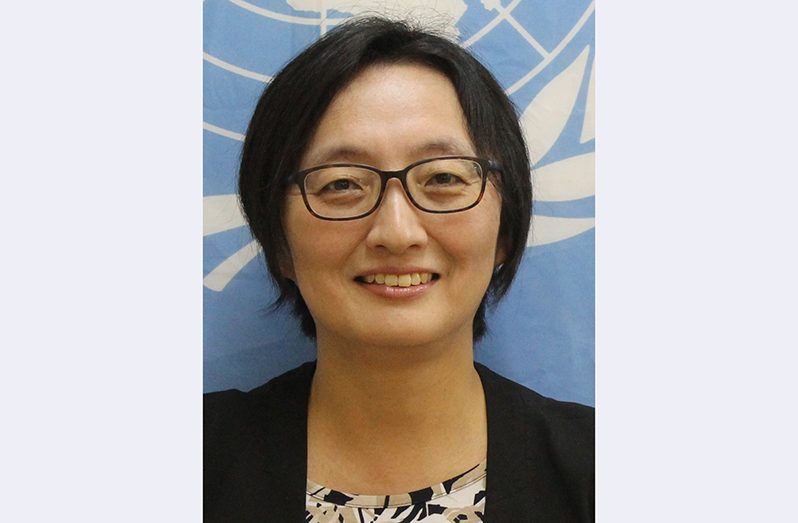– Stand Up for Human Rights
IN 1945, the UN Charter made human rights a fundamental point of reference in the post-war social and political order. Agreed by the ‘peoples of the United Nations’, the Charter proclaimed that our shared humanity was a greater unifier than any single element of our identity, like colour, sex, language, religion, or nationality. It recognized the dignity and worth of each and every human person, and reaffirmed a shared faith in rights, justice and respect for all. Three years later, in 1948, the nations of the world adopted the Universal Declaration of Human Rights. Since then, the expression and protection of human rights has shaped every element of the UN’s work. The UN Sustainable Development Agenda for 2030 puts rights and freedoms at the heart of our shared future. Launched in 2015, the 2030 Agenda recognizes that practical improvements in people’s lives can be achieved through the extending and protecting of human rights.
All UN member states, including Guyana, made a pledge to ‘leave no-one behind’ from the 2030 Agenda: in effect, countries renewed their commitment to the universalities first expressed in the Charter and Universal Declaration. The pledges enshrined in the UN Charter, the Universal Declaration, and the SDGs remind us of what makes a life human. They are the rights to life itself, to live free from insecurity or violence, the right to an education, to work, and the right to freedom of opinion and expression, among others. Securing and protecting these rights and freedoms require great courage on the part of citizens as rights holders, and governments as duty bearers. Today, it requires a renewed urgency to tackle poverty, redress inequity, and root out discrimination. More fundamentally, it requires an appreciation of the dignity to which everyone is entitled in their daily lives.
In 2020, people around the world, in countries big and small, democracies old and new, have had to face up to threats to their fundamental civil, political, economic and social rights.
Governments have faced tough choices in determining how best to protect citizens. COVID-19 has shone a light on inequity. It has prevented us from moving freely. It has prejudiced the interests of some of the world’s most vulnerable groups: children have been unable to go to school; some women find themselves confined in their homes, locked in with domestic abusers; millions of workers have lost their jobs and incomes; persons living with a range of impairments have found it even harder to break barriers that exclude them. As we look to the future, we must find ways to re-emerge from the crisis stronger, with a renewed focus on human rights as part of the sustainable development agenda. On International Human Rights Day, the UN reaffirms the universality of human rights. They are for everyone, everywhere. When we emerge from the hardship of the pandemic, all of us with a stake in Guyana’s future must recall the benefits of solidarity and cooperation, and aim to put human rights at the centre of our work. It is the recognition of, and reclamation of, our rights as humans that will uplift all people and ensure no-one is left behind.



.jpg)









